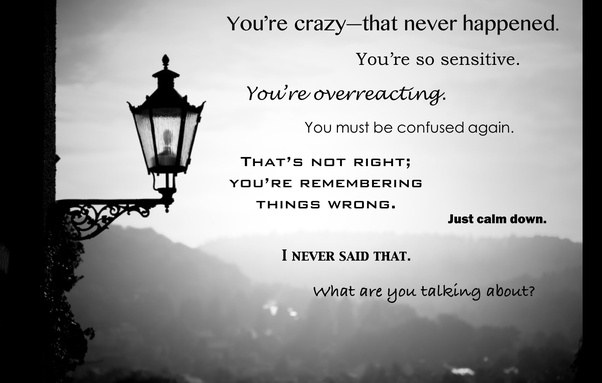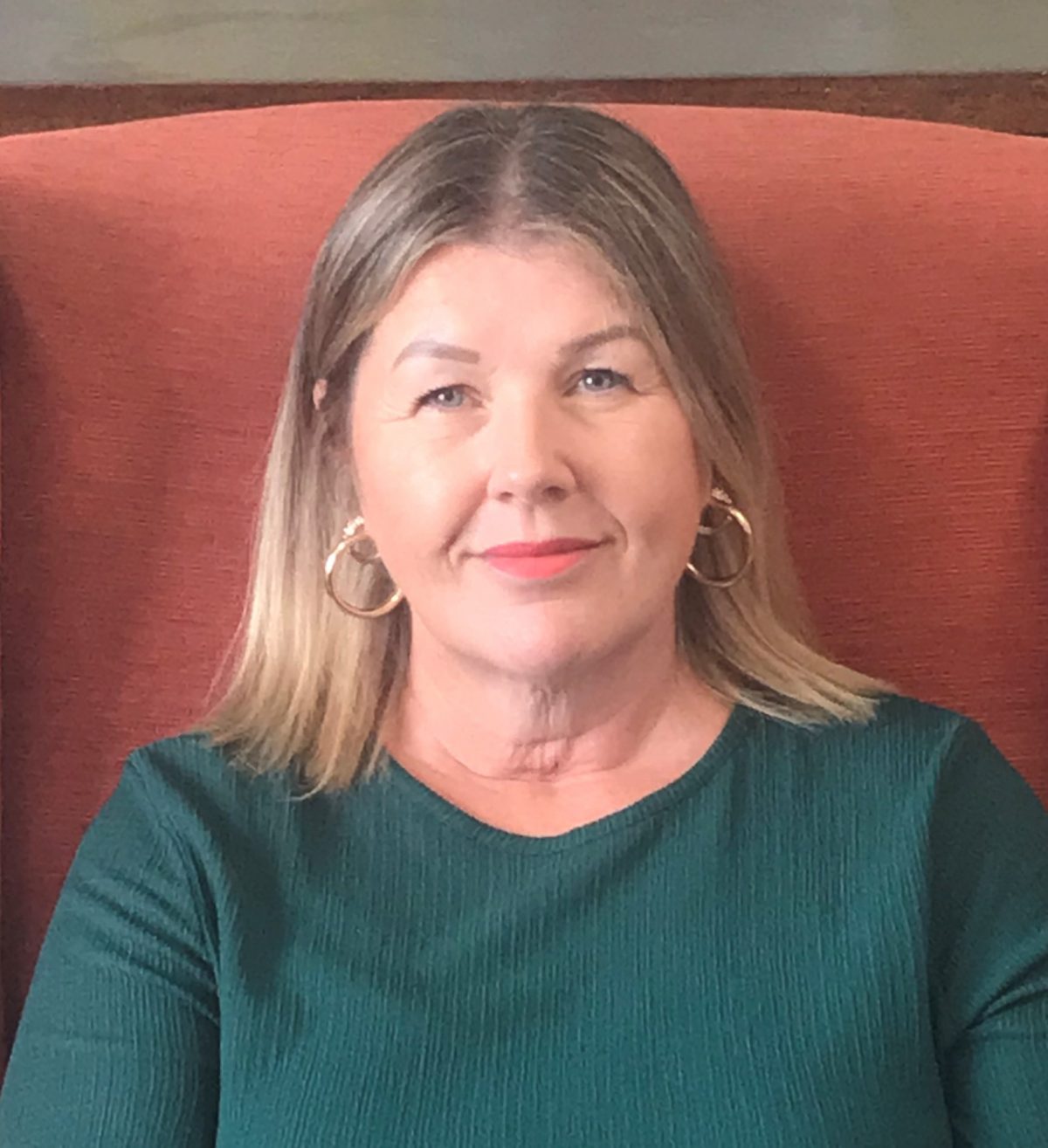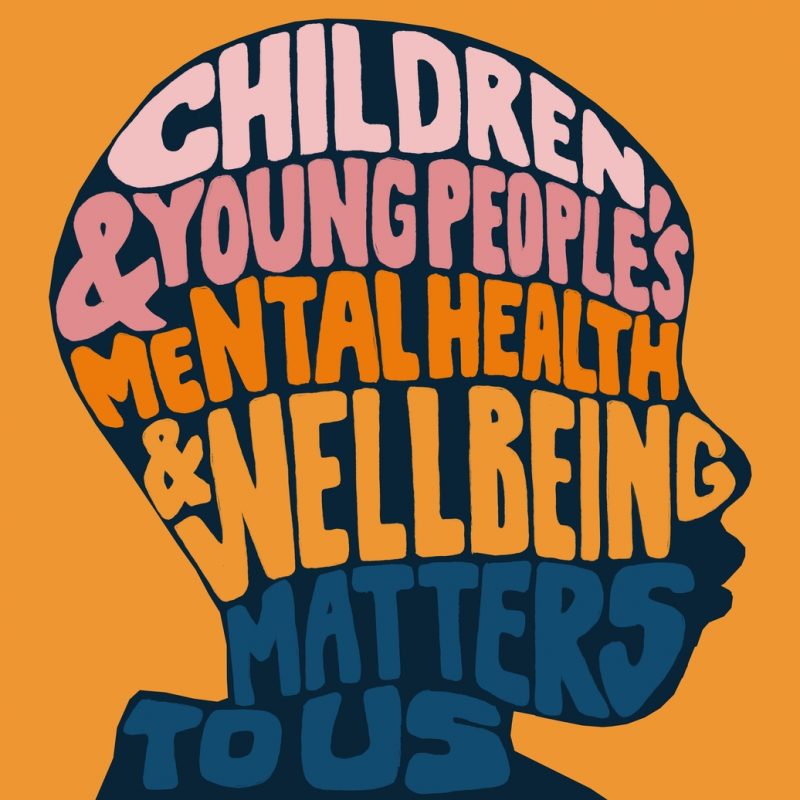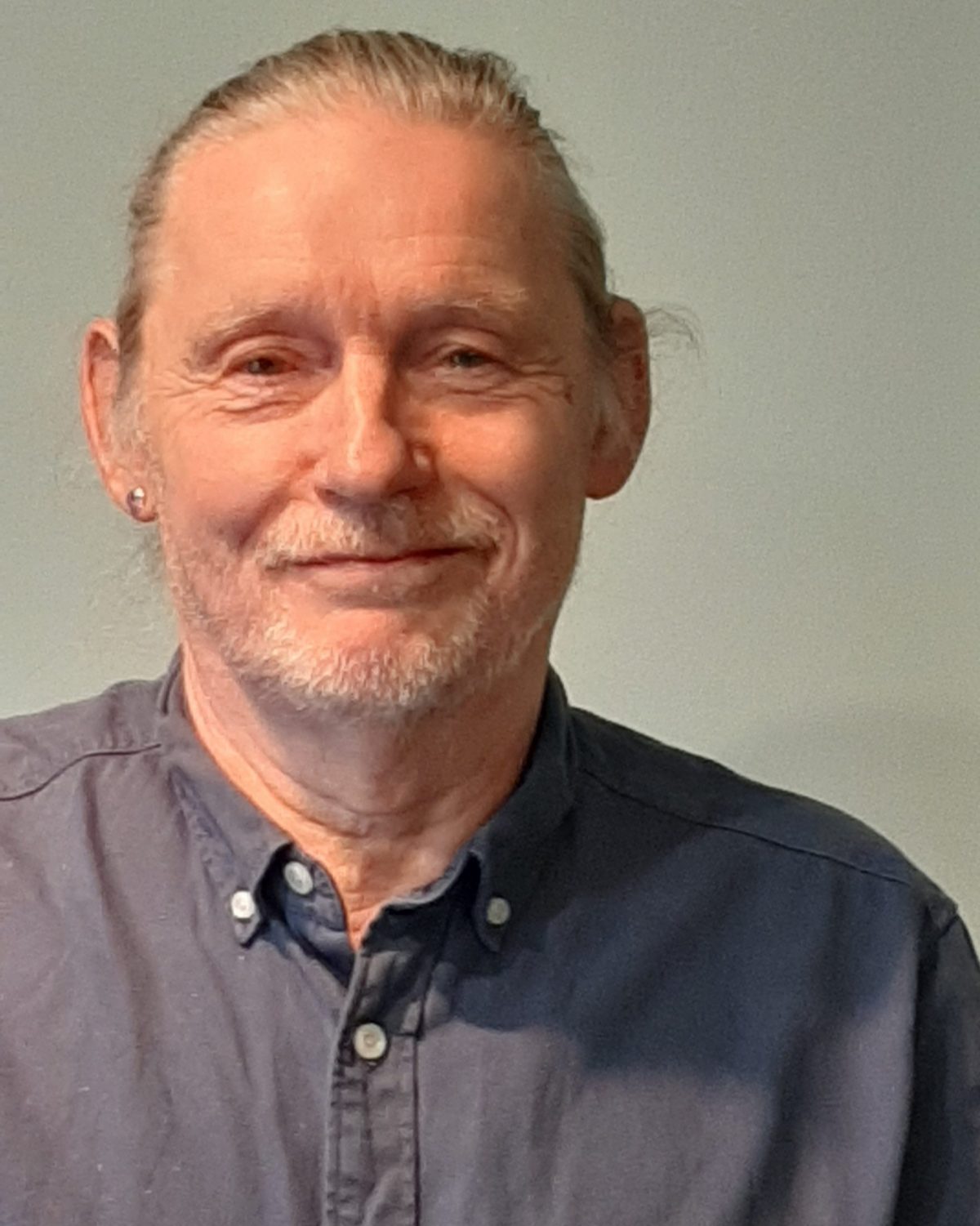As human beings we are social creatures, from the moment we are born and throughout our lives, we need others and the quality of our relationships with others is vital to our sense of well-being. As adults we hope and expect our relationships to be loving and harmonious, providing the warmth and security that allows us to deal with the pressures and demands of life, and to feel valued and appreciated.
And yet, most of us know from our own lives or from those of our close friends and families, that quite often relationships break down, or that one or both partners are living not in harmony but in states of unhappiness, frustration and insecurity. Television and newspapers constantly remind us that the pressures and stresses of modern life lead to increased breakdown of marriages and partnership relationships, often with much consequent misery for individuals, their families, children and friends.
In other words, we may find in our own lives or of those we are close to, a big gap between what we hope for in relationship and what we are actually experiencing. And perhaps if we look at it, this is not really surprising – after all, a relationship is ultimately about two people seeking to live together, and each person will bring their very different life experiences to the relationship. They may have grown up in very different families, with different norms and values and expectations. Equally, we are all bound to have experienced losses and painful events in our lives, which we will bring to our relationships. At the beginning of our relationship these differences may seem small and irrelevant, compared to our loving feelings. But they may grow in time, especially in the context of the pressures in our lives from work, children, families and friends.
If they begin to grow, we may find our experience of our relationship changing – misunderstandings occur more often and good honest communication seems to shrivel in comparison. We begin to feel that our partner does not really understand us – yet they are saying the same thing! We are increasingly frustrated by their irritating habits and arguments occur more often; they never seem to be completely sorted out. Sometimes they seem to be about small matters, sometimes about the things that are most important to us – how we are with our children and families, how we express our love and our sexuality.
For some the crisis is temporary, but for others communication really seems to become increasingly difficult, eroding all the feelings of love, warmth and security. Where this is happening, it may feel as though hope for resolution is fading and this can be where relationship counselling may offer vital help. Just as in individual counselling and psychotherapy, it can provide a safe and secure place where both partners are treated with care and respect by a counsellor who is separate from the relationship and the complex world in which exists. Therefore, able to be objective and neutral and creating the conditions whereby painful areas can be shared and explored rather than ignored or simply blamed on the other.
The confidentiality and security provided through relationship counselling can help to re-establish genuine communication, promoting understanding and realisation that with honesty and commitment wounds in relationships can heal.









